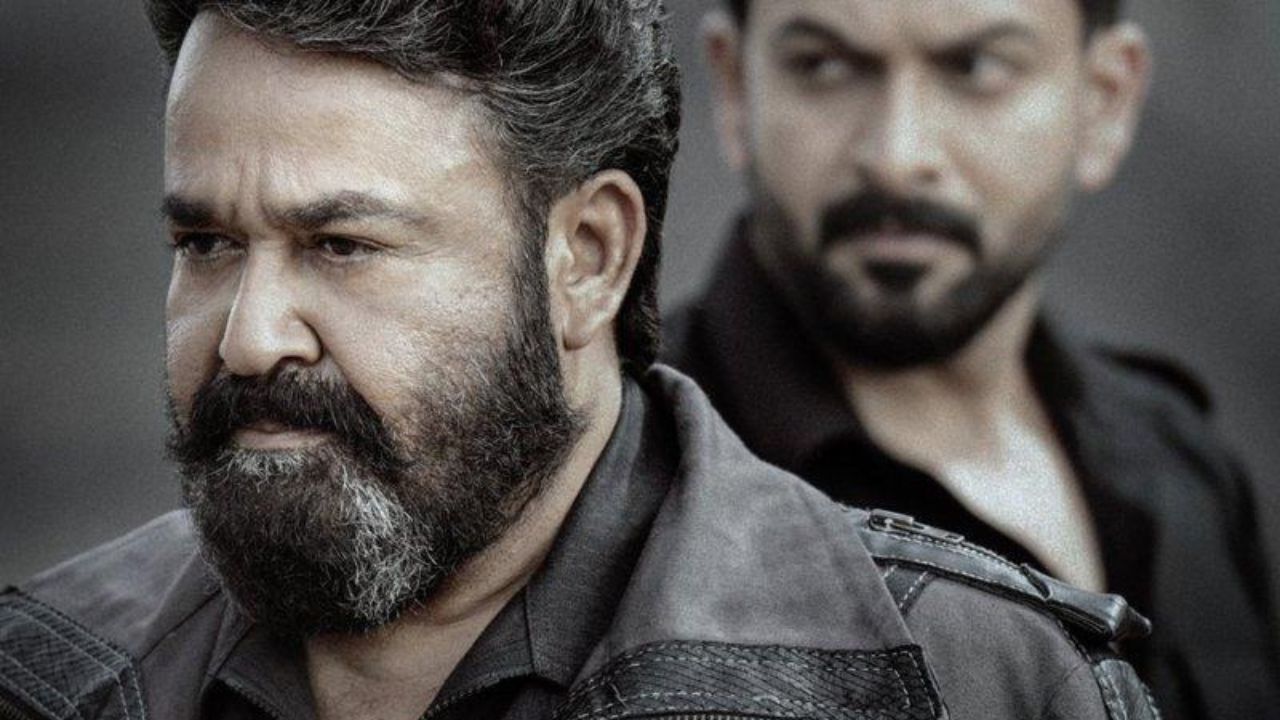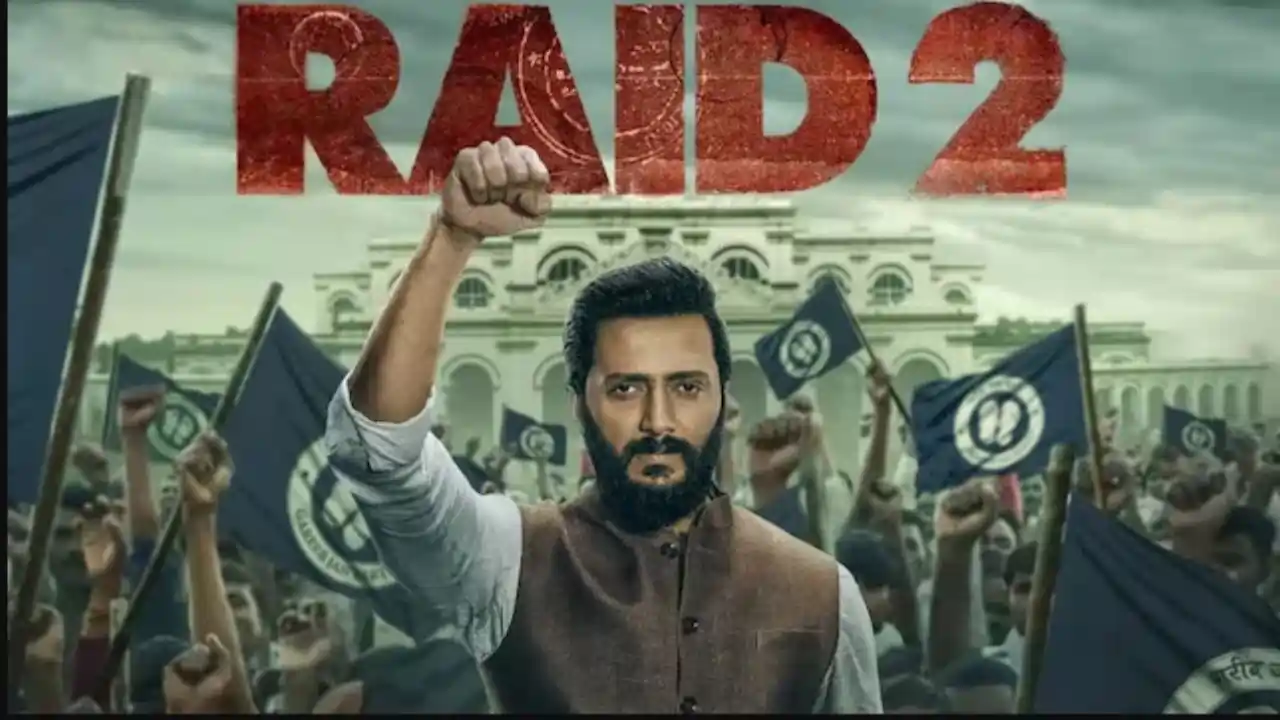
Squid Game controversies stack up with new lawsuit; Indian filmmaker accuses Netflix of plagiarism
6 months ago | 81 Views
Soham Shah, director of the 2009 Hindi-language Indian film Luck, has reportedly sued Netflix, alleging that the streamer’s money-making sensational K-drama hit Squid Game plagiarised the thematic concept of his movie. His lawsuit now seeks to block the company from “infringing his Luck copyright.”
The Squid Game franchise has been charting upward since its 2021 premiere. Season 2 is set to roll out globally on December 26, and Season 3 is already green-lit for 2025. Consequently, these sequel orders are attributed to it holding the record as “Netflix's most popular series of all time, with over 1.65 billion view hours in the first 28 days after its September 2021 release,” the steamer said. However, the present-day has served the acclaimed Emmy-winning dystopian thriller with a piece of bad luck
According to a lawsuit obtained by TMZ, the Indian filmmaker is also suing the Korean series writer Hwang Dong Hyuk, who claimed to have penned the story for Squid Game the same year Shah’s Luck hit theatres.
Bollywood film Luck's director maps out uncanny similarities between his film and Squid Game K-drama
In the suit, he asserts that his project drove a similar focus towards a desperate group of people in debt who enter competitive game challenges to win a pot of money. The Indian director, whose film starred A-list Indian actors at the time – Sanjay Dutt, Imran Khan, Shruti Haasan, Mithun Chakraborty and others – pushes that the prime characters only realise that they’re in for a rude awakening and their defeat would essentially lead to their deaths once the games kick off. On top of that, each participant’s death expands the cash prize for the contestants still standing alive.
Additionally, the official docs highlight that, like Squid Game's familiar plot, Luck features cash-rich spectators betting on the players, making the most of the ruthlessly heartless, high-stakes competition with the contestants literally battling for their lives.
As you would have it, the 2021 K-drama, featuring much-loved K-drama stars Lee Jung Jae, Lee Byung Hun, Park Hae Soo, Wi Ha Joon, Jung Ho Yeon, Gong Yoo and others, shares an uncanny resemblance with Shah’s Bollywood film.
Who wrote which story first?
It’s hard to ignore the Luck director’s claims. He says he wrote the story in or around 2006, eventually leading to the movie’s worldwide release in Indian, UK, US, and UAE theatres. Shah alleges that Luck was readily available for viewing when Hwang Dong Hyuk penned the Squid Game concept, making it easier for the K-drama’s production to go underway in 2018 or 2019.
Shah acknowledged that after its 2021 premiere on the streaming giant, Squid Game went on to become an impossible-to-ignore cash cow, raising Netflix’s market value by over $900 million.
Did Squid Game writers plagiarise Luck's concept? While the jury is still out on that verdict, you can decide for yourself by streaming the Hindi movie on Prime Video or YouTube. The Emmy-winning K-drama, as you know, is available on Netflix.
Some other Squid Game controversies
The new lawsuit only adds to the pile of issues and controversies attached to the Squid Game banner. Over a month ago, leading star Lee Jung Jae faced serious fraud allegations alongside Park In Gyu, the ex-CEO of WYSIWYG Studios. The Netflix hit series' actor's agency eventually denied the accusations.
In a more disturbing development, Season 1 character Oh Il Nam's actor Oh Young Soo (or O Yeong Su) was found guilty of sexual misconduct in South Korea in March.
The upcoming Season 2 premiere was also put under the microscope due to its association with Choi Seung Hyun. Announced as a new cast addition for the sequel, the South Korean rapper was previously convicted for marijuana use and also accused of workplace bullying.
In July, a Squid Game Season 2 staffer also came under fire after a post captioned, "Saw a 'Squid Game 2' staff yesterday who thought shooting was a privilege" emerged on an online community. It cited a demonstration of the employee's disrespectful behaviour at the Incheon Airport in South Korea.





















